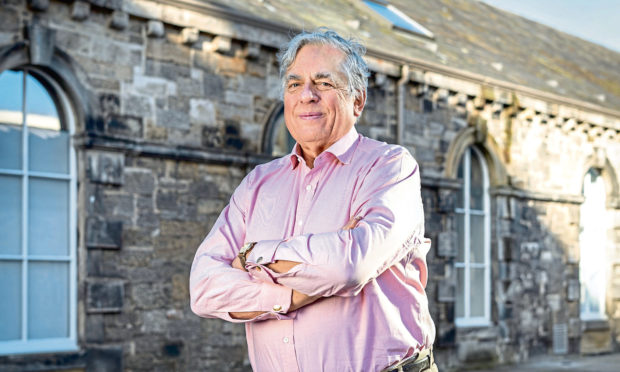Scottish farmers and landowners must be armed with the tools needed to tackle climate change, sooner rather than later.
That was the message from Scottish Land and Estates (SLE) chairman Mark Tennant, speaking at the organisation’s virtual conference yesterday.
Mr Tennant, whose family runs the 4,500-acre Innes Estate in Moray, said the twin tests of Brexit and maintaining food standards should not detract from the industry’s biggest challenge – halting climate change.
“Rural businesses are not immune from the difficulties of 2020,” said Mr Tennant.
“Indeed, our rural economies have most to fear through the uncertainty of Brexit and the worries of future export tariffs and substandard food imports – and that’s without considering the seismic consequences of the Covid-19 pandemic.”
He added: “Yet, as hard as these challenges are, we must not take our focus away from climate change – and it is incumbent on farmers, land managers and estates to continue to help Scotland meet its targets in this area.”
He called on the Scottish Government to devise plans for post-Brexit agricultural policy as soon as possible.
“We need a fresh, ambitious support package to replace the Common Agricultural Policy (Cap) after 2024 that will deliver for food, biodiversity and the environment and we need to start the process of transitioning towards that now,” added Mr Tennant.
SLE chief executive Sarah-Jane Laing said the Scottish agricultural sector was lagging behind England and Wales in terms of future policy development.
However, she added: “It’s not up to the Scottish Government to come up with all the ideas.
“What the sector cannot do is sit and wait for the Scottish Government to tell it how it is going to survive, how it is going to trade and how it is going to manage land – there’s a real duty on us as a sector to influence and shape future policy.”
Rural Economy Secretary Fergus Ewing said sector-specific climate change mitigation groups would be established soon for the arable and hill farming sectors, and possibly the dairy and pig sectors.
Speaking during a debate, he said the new groups will be similar to the suckler beef climate group, which was tasked with finding a way of supporting the suckler sector as it attempts to mitigate its environmental impact and identify ways in which its emissions can be reduced.










